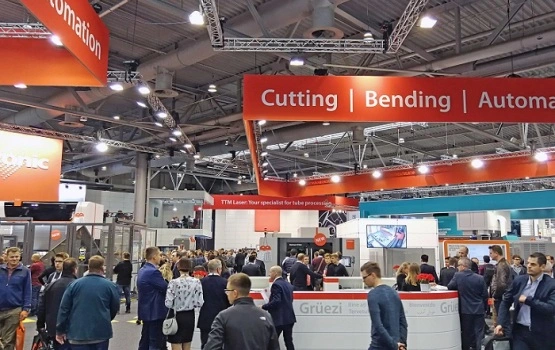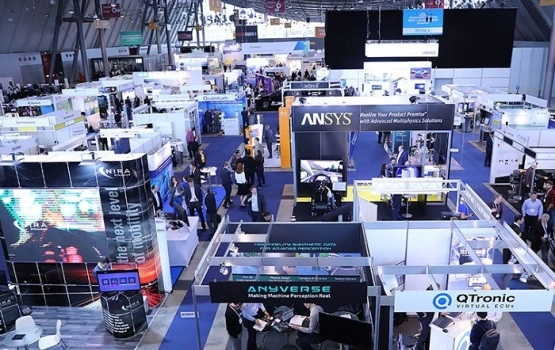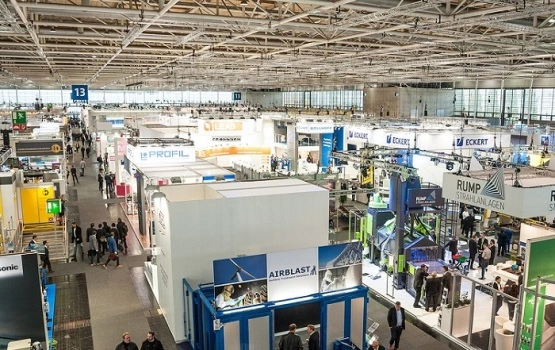Tel: +86-17791247851
E-mail: jocelyn.Tang@bycti.cn
Tel: +86-17791247851
E-mail: jocelyn.Tang@bycti.cn
BYC Ti titanium alloy products are renowned for their high strength-to-weight ratio, excellent corrosion resistance, and ability to withstand extreme temperatures. Widely used in aerospace, automotive, and medical industries, these titanium and alloys are ideal for aircraft components, engine parts, and surgical implants. Their biological compatibility ensures safety in medical applications, while their durability enhances performance in demanding environments.
BYC Ti offers a selection of premium titanium alloys, each engineered for specific industrial demands. These alloys combine high strength, corrosion resistance, and lightweight properties, making them ideal for aerospace, marine, medical, and chemical applications. Below are key titanium grades available, along with their features and uses.
Grade 5 is the most widely used titanium alloy due to its exceptional strength-to-weight ratio and weldability. It excels in structural and pressure-critical components, offering superior corrosion resistance in both oxidizing and reducing environments. Common applications include the chemical and petroleum industries, offshore drilling platforms, water treatment facilities, and nuclear reactors. Its versatility and reliability make it indispensable for high-performance engineering.
Grade 7 is specially formulated for extreme environments, providing outstanding corrosion resistance in highly acidic, alkaline, or low-temperature conditions. This alloy’s palladium addition enhances its durability in aggressive chemical processes. Industries such as chemical processing, desalination, and marine engineering rely on Grade 7 for equipment exposed to corrosive media, ensuring long-lasting performance with minimal maintenance.
A balanced option between pure titanium and high-strength alloys, Grade 9 offers moderate strength, excellent formability, and superior weldability. Its lightweight nature and resistance to corrosion in marine, aerospace, and chemical environments make it ideal for aircraft hydraulic tubing (e.g., Boeing 787), subsea pipelines, and sports equipment. Grade 9’s ease of fabrication—compatible with machining, forging, and rolling—extends its use to medical and cryogenic applications, where precision and durability are critical.
Grade 12 stands out for its enhanced corrosion resistance and high-temperature stability, making it a preferred choice for aerospace and industrial applications. It is commonly used in aircraft engine components, landing gear, fuel systems, and cryogenic vessels. Unlike other alloys, Grade 12 retains its integrity under thermal stress, allowing use in heat exchangers, valves, and distillation columns. Its ease of fabrication (machining, forging, rolling, and extruding) further broadens its applicability in critical, corrosion-resistant systems.
There are differences between commercial pure titanium and titanium alloy in several aspects. The specific comparison is as follows:
Commercial Pure Titanium: It has a relatively high purity, usually containing small amounts of impurity elements such as oxygen, nitrogen, and hydrogen, with titanium as the main component.
Titanium Alloy: Based on titanium, other alloying elements like aluminum, vanadium, and molybdenum are added to improve its properties.
Strength: The strength of commercial pure titanium is relatively low; through alloying and heat treatment, the strength of titanium alloy (H2) is significantly increased, enabling it to withstand greater external forces.
Corrosion Resistance: Commercial pure titanium has good corrosion resistance; titanium alloy (H2) has better corrosion resistance in some complex corrosive environments.
Heat Resistance: The heat resistance of commercial pure titanium is limited; titanium alloy (H2) can maintain stable performance at higher temperatures.
Commercial Pure Titanium: It is relatively soft, with a relatively low processing difficulty, and can be processed through various processes such as rolling and forging.
Titanium Alloy: Due to its high strength and hardness, it is difficult to process, requiring high - end processing techniques and equipment, as well as special cutting tools and process parameters.
Commercial Pure Titanium: It is often used in fields where high strength is not required, but good corrosion resistance and biocompatibility are needed, such as glasses frames and watches.
Titanium Alloy: It is widely applied in fields with extremely high requirements for comprehensive material properties, such as aerospace and high - end medical devices.
Titanium Alloys, renowned for their excellent machinability, are the top choice in many industries. Advanced processing technologies enable them to handle precision cutting, forging, and rolling with precision and efficiency. Their remarkable plastic forming ability ensures stable forming, reduces errors, and results in products with high dimensional accuracy and a smooth surface, eliminating the need for secondary polishing. These features make Titanium Alloys ideal for aerospace and medical applications, meeting their strict accuracy and quality demands. They can translate complex designs into high - quality products, supporting technological innovation and industry upgrades.


